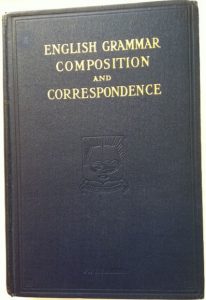The value of English…
While over a billion people have Mandarin Chinese as their first language the number for English is less than 400 million. Yet what my mother tongue lacks in volume it more than makes up for in value.
“Measured in billions of pounds, Chinese is ‘worth’ four hundred and forty-eight billion, Russian eight hundred and one, German one thousand and ninety, Japanese one thousand two hundred and seventy billion, English four thousand two hundred and seventy-one. English is the buyers’ and sellers’ language, the stock language of the market,” says Melvyn Bragg in his enlightening study The Adventure of English.
“And English is the first language among equals at the United Nations, at NATO, the World Bank, the International Monetary Fund. It is the only official language of OPEC, the Organisation of Petroleum Exporting Countries, the only working language of the European Free Trade Association, the Association of Baltic Marine Biologists, the Asian Amateur Athletics Association, the African Hockey Federation…while it is the second language of bodies as diverse as the Andean Commission of Jurists and the Arab Air Carriers Association.” English is in short the world’s language of choice when it comes to sharing ideas and information across countries and cultures. The ultimate international language. The language of connection.
So what’s the source of its power? The value of English lies less in its political, economic or historical associations than in its inherently open and evolving character. English is freely adopted around the world and happily adapted and enriched by all who embrace it, with new words and turns of phrase being added all the time – from bamboozle to bishy barny bee, from wig wag to wiki. In so doing, this eminently lovable language grows in value with the world.





